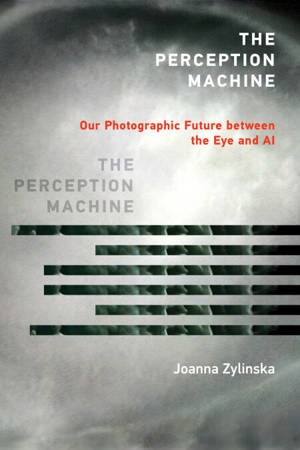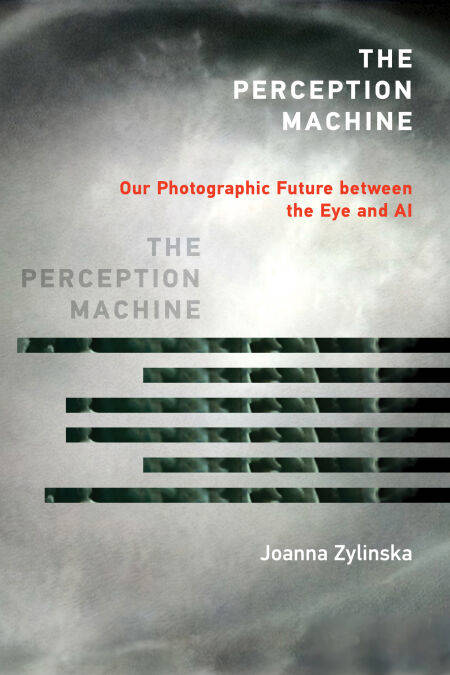
- Afhalen na 1 uur in een winkel met voorraad
- Gratis thuislevering in België vanaf € 30
- Ruim aanbod met 7 miljoen producten
- Afhalen na 1 uur in een winkel met voorraad
- Gratis thuislevering in België vanaf € 30
- Ruim aanbod met 7 miljoen producten
Zoeken
The Perception Machine E-BOOK
Our Photographic Future between the Eye and AI
Joanna Zylinska
E-book | Engels
€ 44,35
+ 44 punten
Omschrijving
A provocative investigation of the future of photography and human perception in the age of AI.
We are constantly photographing and being photographed while feeding machine learning databases with our data, which in turn is used to generate new images. Analyzing the transformation of photography by computation—and the transformation of human perception by algorithmically driven images, from CGI to AI—The Perception Machine investigates what it means for us to live surrounded by image flows and machine eyes. In an astute and engaging argument, Joanna Zylinska brings together media theory and neuroscience in a Vilém Flusser–Paul Virilio remix. Her “perception machine” names a technical universe of images and their infrastructures. But it also refers to a sociopolitical condition resulting from today’s automation of vision, imaging—and imagination.
Written by a theorist-practitioner, the book incorporates Zylinska’s own art projects, some of which have been co-created with AI. The photographs, collages, films, and installations available as part of the book (and its companion website) provide a different mode of thinking about our technological futures, at a local as well as a planetary level. Offering provocative concepts such as eco-eco-punk, AUTO-FOTO-KINO, planetary micro-vision, loser images, and sensography, the book outlines an existential philosophy of messy media for a time when our practices of imaging and self-imaging are being radically redesigned. Importantly, it also offers a new vision of our future.
We are constantly photographing and being photographed while feeding machine learning databases with our data, which in turn is used to generate new images. Analyzing the transformation of photography by computation—and the transformation of human perception by algorithmically driven images, from CGI to AI—The Perception Machine investigates what it means for us to live surrounded by image flows and machine eyes. In an astute and engaging argument, Joanna Zylinska brings together media theory and neuroscience in a Vilém Flusser–Paul Virilio remix. Her “perception machine” names a technical universe of images and their infrastructures. But it also refers to a sociopolitical condition resulting from today’s automation of vision, imaging—and imagination.
Written by a theorist-practitioner, the book incorporates Zylinska’s own art projects, some of which have been co-created with AI. The photographs, collages, films, and installations available as part of the book (and its companion website) provide a different mode of thinking about our technological futures, at a local as well as a planetary level. Offering provocative concepts such as eco-eco-punk, AUTO-FOTO-KINO, planetary micro-vision, loser images, and sensography, the book outlines an existential philosophy of messy media for a time when our practices of imaging and self-imaging are being radically redesigned. Importantly, it also offers a new vision of our future.
Specificaties
Betrokkenen
- Auteur(s):
- Uitgeverij:
Inhoud
- Aantal bladzijden:
- 288
- Taal:
- Engels
Eigenschappen
- Productcode (EAN):
- 9780262376624
- Verschijningsdatum:
- 6/11/2023
- Uitvoering:
- E-book
- Beveiligd met:
- Adobe DRM
- Formaat:
- ePub

Alleen bij Standaard Boekhandel
+ 44 punten op je klantenkaart van Standaard Boekhandel
Beoordelingen
We publiceren alleen reviews die voldoen aan de voorwaarden voor reviews. Bekijk onze voorwaarden voor reviews.








